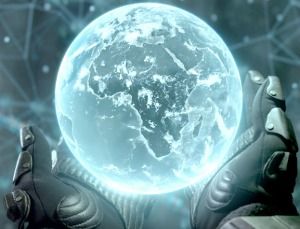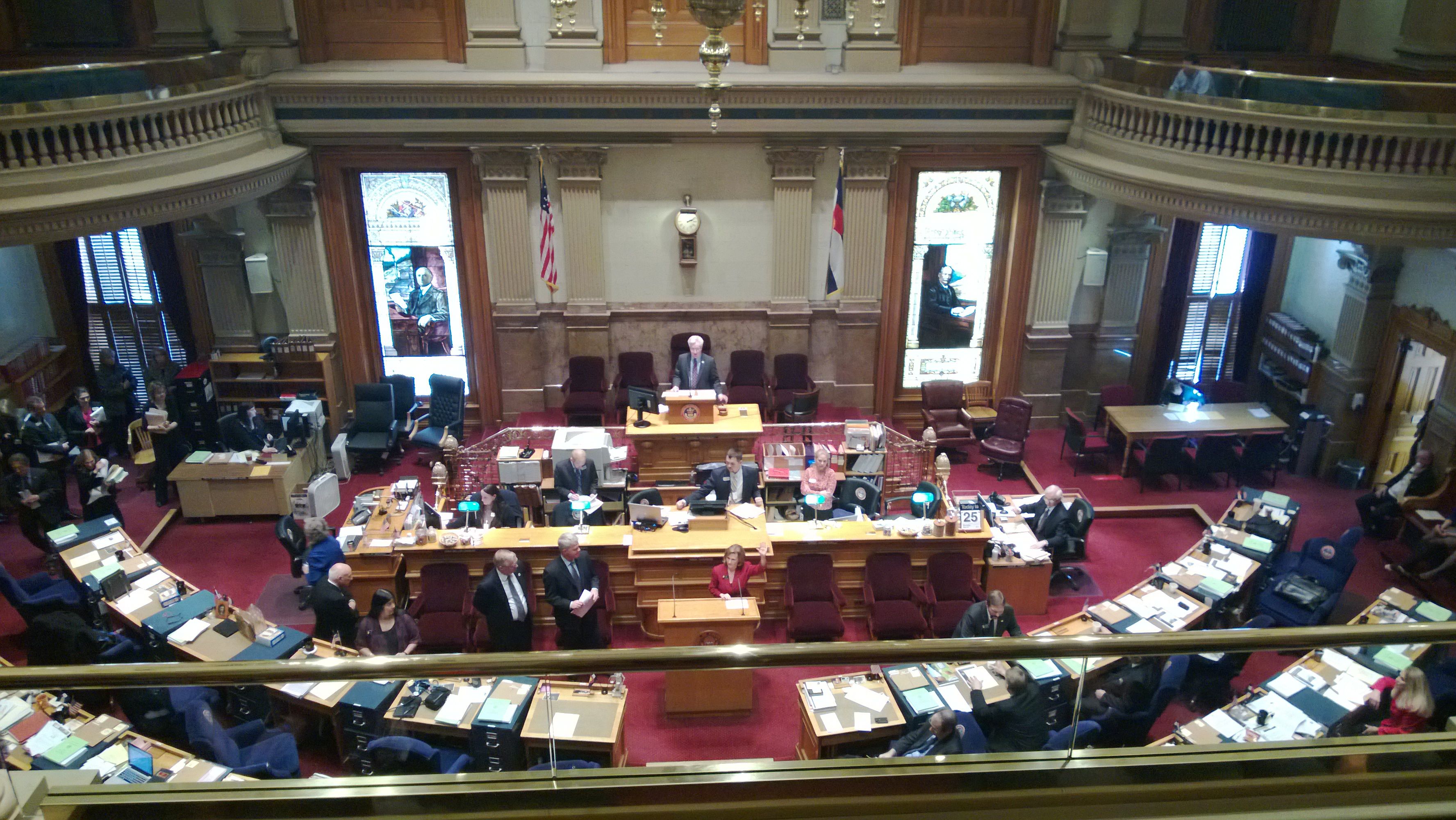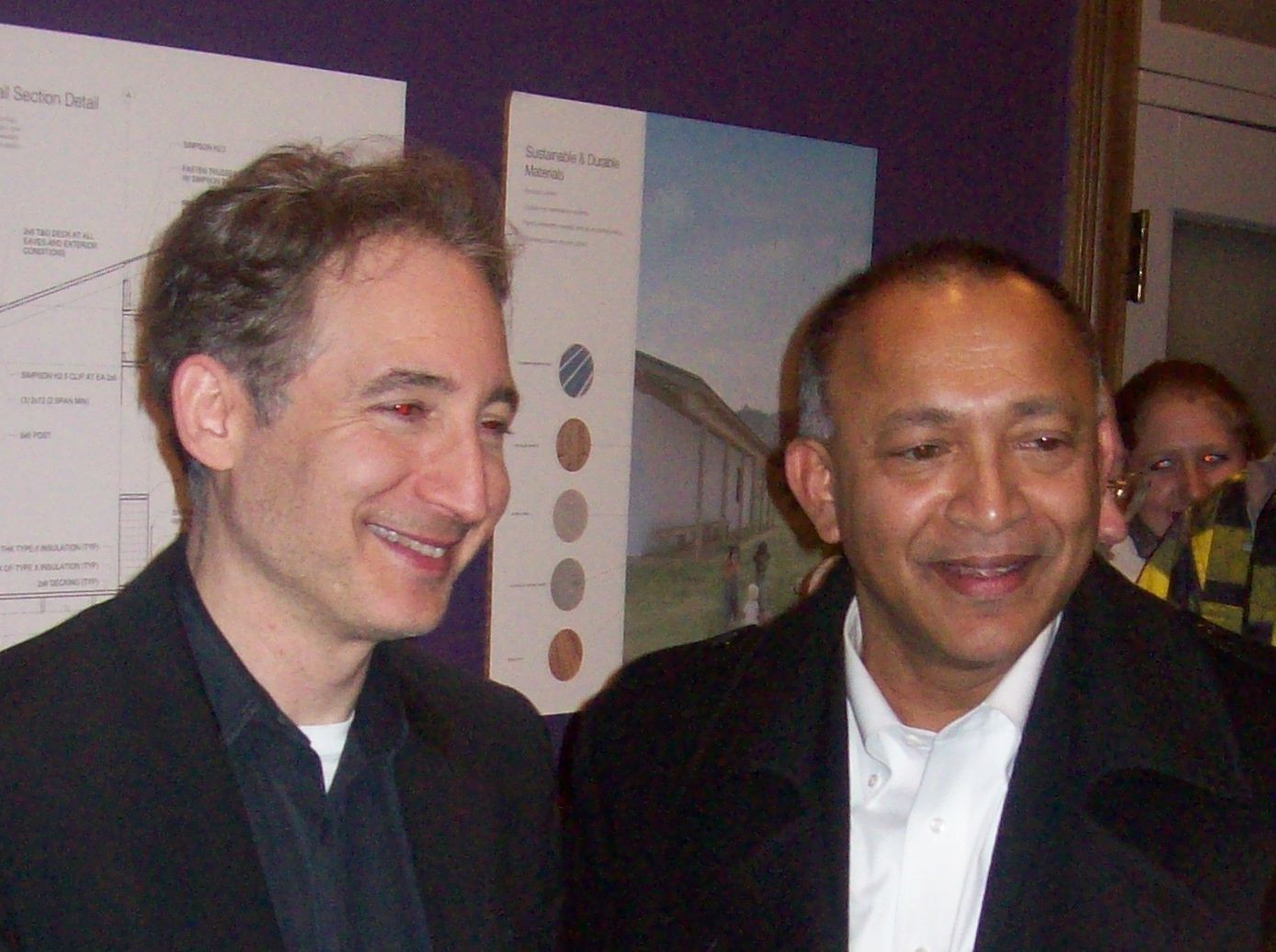Apr 9, 2013
Morality => Immortality, claims Kant
Posted by Franco Cortese in categories: ethics, philosophy
Dead Immortalist Sequence - #1: Immanuel Kant (1724−1804)
 Kant is often misconstrued as advocating radical conformity amongst people, a common misconception drawn from his Categorical Imperative, which states that each should act as though the rules underlying his actions can be made a universal moral maxim. The extent of this universality, however, stops at the notion that each man should act as though the aspiration towards morality were a universal maxim. All Kant meant, I argue, was that each man should act as though the aspiration toward greater morality were able to be willed as a universal moral maxim.
Kant is often misconstrued as advocating radical conformity amongst people, a common misconception drawn from his Categorical Imperative, which states that each should act as though the rules underlying his actions can be made a universal moral maxim. The extent of this universality, however, stops at the notion that each man should act as though the aspiration towards morality were a universal maxim. All Kant meant, I argue, was that each man should act as though the aspiration toward greater morality were able to be willed as a universal moral maxim.
This common misconception serves to illustrate another common and illegitimate portrayal of the Enlightenment tradition. Too often is the Enlightenment libelled for its failure to realize the ideal society. Too often is it characterized most essentially by its glorification of strict rationality, which engenders invalid connotations of stagnant, statuesque perfection – a connotation perhaps aided by the Enlightenment’s valorization of the scientific method, and its connotations of stringent and unvarying procedure and methodology in turn. This takes the prized heart of the Enlightenment tradition and flips it on its capsized ass. This conception of the Enlightenment tradition is not only wrong, but antithetical to the true organizing gestalt and prime impetus underlying the Age of the Enlightenment.
The Enlightenment wasn’t about realizing the perfect society but rather about idealizing the perfect society – the striving towards an ever-inactualized ideal which, once realized, would cease to be ideal for that very reason. The enlightenment was about unending progress towards that ideal state – for both Man as society and man as singular splinter — of an infinite forward march towards perfection, which upon definitively reaching perfection will have failed to achieve its first-sought prize. The virtue of the Enlightenment lies in the virtual, and its perfection in the infinite-perfectibility inherent in imperfection.
This truer, though admittedly less normative, interpretation of the Enlightenment tradition, taking into account its underlying motivations and projected utilities rather than simply taking flittered glints from the fallacious surface and holding them up for solid, tangible truth also serves to show the parallels between the Enlightenment gestalt and Transhumanism. James Hughes, for one, characterizes Transhumanism as a child of the Enlightenment Tradition [1].

















